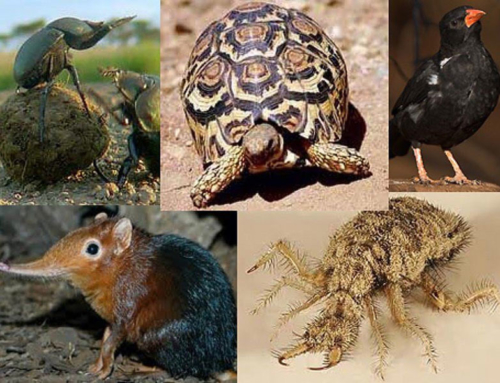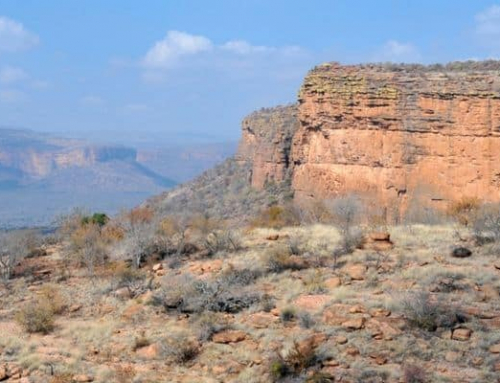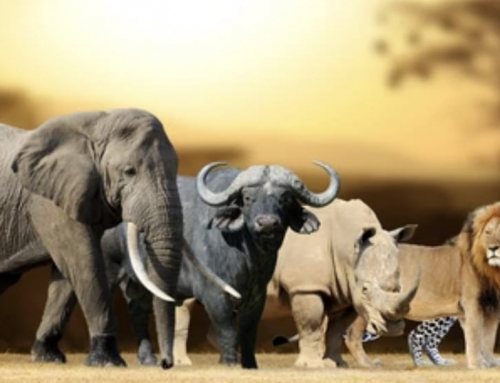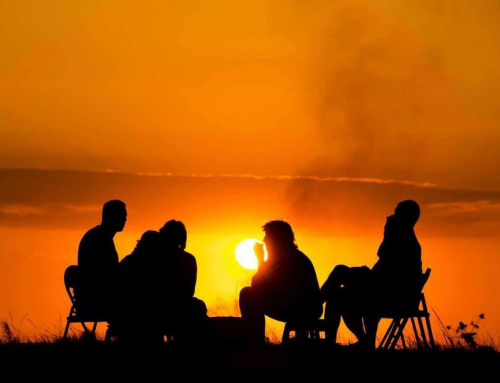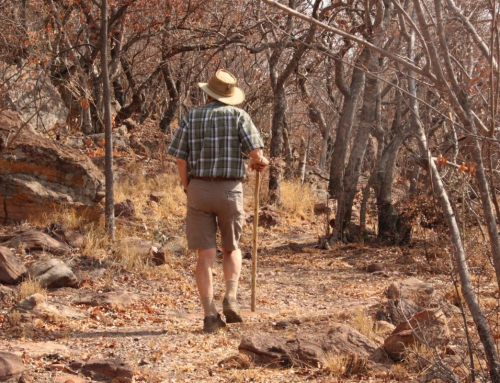The Issues of Human-Wildlife Interaction!
For some a trip to Southern Africa must include, not just photographs of the area’s magnificent wildlife, but pictures of them directly interacting with these wild animals – for example, petting lion cubs, riding elephants or walking with cheetahs. On an Alexandra’s Africa Safari however, you will only get up close and personal with wild animals through the zoom lens of your camera, and you will under no circumstances interact with any of them – and this is precisely because they are wild animals, not pets, and the game reserves we visit are the last vestiges of what remains of the true African wilderness.
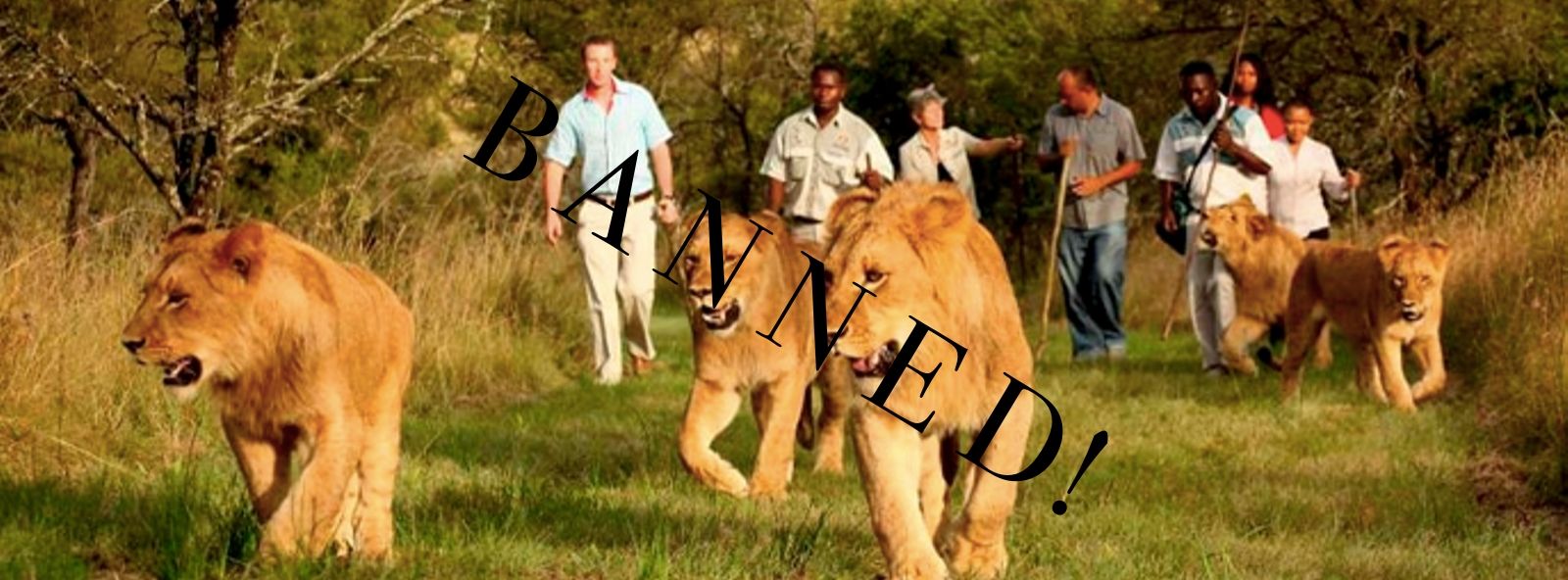
You may be surprised at our stance, and wondering why we at Alexandra’s Africa are so opposed to human-wildlife interaction and discourage and reject such interactions rather than offering this as a feature.
The truth of the matter is that no matter how kind and endearing this appears to be, there are complexities and cruelties associated with direct, personal interaction with wild animals. For example: According to Dr Louise De Waal, there is no humane way to train an African elephant to carry people, and the Campaign Against Canned Hunting has plenty of evidence directly linking the majority of lion cub petting experiences to the brutal canned hunting industry. The blood Lions organisation is bringing the horrors of predator breeding, canned hunting and a variety of other exploitative activities involving lions and other species to the world’s attention in a way that has not been achieved before with a strong and compelling call to action to have these practices stopped.
The questions that we find helpful to ask in situations where activities involve people, wildlife or the environment are ‘Who is Benefitting?’ and ‘Is there negative impact?’ For us, the benefit must exist and must be shared, with either zero or minimal negative impact i.e. net shared benefit.
On an Alexandra’s Africa Safari – the game reserves we visit have been carefully chosen because they are committed not only to protecting the animals that live within their borders, but on conserving the integrity of the biodiversity within and around their reserves. A recent United Nations report has shown that preserving biodiversity is crucial to all life on earth, and that theloss of biodiversity is one of the most devastating and urgent issues of our time; we understand all too well that responsible tourism must go hand-in-hand with preserving biodiversity, and thus we only visit reserves who are committed to this goal.
At Alexandra’s Africa, we work exclusively with operators whose primary concern is conservation and protection of Africa’s wilds and wildlife, and who use the money we invest in them to protect both the animals in their reserves and to benefit and develop the indigenous communities around the wildlife and nature reserves.
There are many organisations doing great work to support wildlife and who understand the issues of human-wildlife interaction, but others fall short of the expected global minimal standards.
Here are 3 Tips from us if you are planning on volunteering to work with wildlife or to visit a location that permits interaction:
- Make sure it is a reputable organisation
- Understand what the objectives are of the human interaction and what will ultimately happen to the animals you are interacting with
- Check if the organisation is a member of the Global Sustainable Tourism Council (GSTC) or contact the GSTC directly to enquire about the organisation.
I you would like to understand more about the issues of animal-human interaction – please take a look at the Born Free Foundation website.
Other sources that might be of interest on this topic:
- Learning to respect wild animals again
- Born to live wild campain
- Born Free Foundation – Volunteering Opportunities
For more information – please get in touch with us here 👉 Alexandra’s Africa we would love to hear from you.
Written by Jonathan Hemmings – Guest Blogger for Alexandra’s Africa Safaris.
Alexandra’s Africa is a local independent, niche Safari Tour Operator based in the New Forest in Hampshire, offering a range of small-group Hosted Safaris, Tailored Safaris and Conservation Experiences. For information or to contact: W: alexandrasafrica.com or T: 02382 354488 or E: alexandra@alexandrasafrica.com.
Banner Picture sourced from the internet: credit – conservation action.co.za



